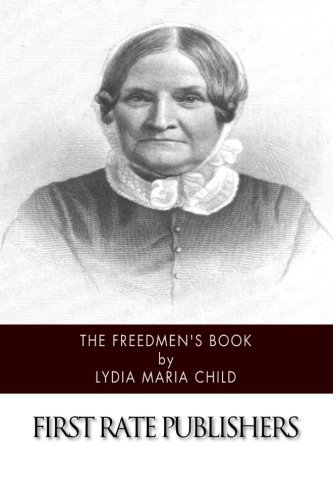This post contains affiliate links. As an Amazon Associate I earn from qualifying purchases
Slavery existed long before the United States of America was founded, but so did opposition to slavery. Both flourished after the founding of the country, and the anti-slavery movement was known as abolition. For many abolitionists, slavery was the preeminent moral issue of the day, and their opposition to slavery was rooted in deeply held religious beliefs. Quakers formed a significant part of the abolitionist movement in colonial times, as did certain Founding Fathers like Benjamin Franklin. Many other prominent opponents of slavery based their opposition in Enlightenment ideals and natural law. Lydia Maria Child was an American abolitionist and Women’s rights activist. Her journals, fiction and domestic manuals reached wide audiences from the 1820s through the 1850s. She at times shocked her audience, as she tried to take on issues of both male dominance and white supremacy in some of her stories. After reading the writing of William Lloyd Garrison, she and her husband became ardent abolitionists. After the end of the Civil War, she compiled these stories and biographies into a single volume as a book of role models for the newly emancipated slaves.
This post contains affiliate links. As an Amazon Associate I earn from qualifying purchases
